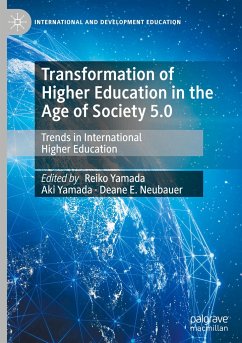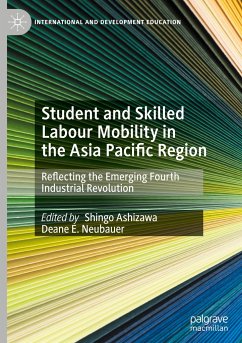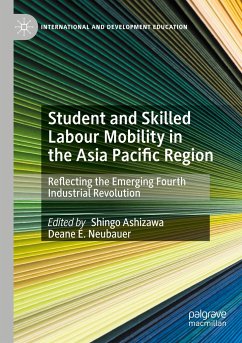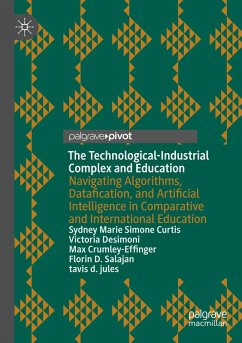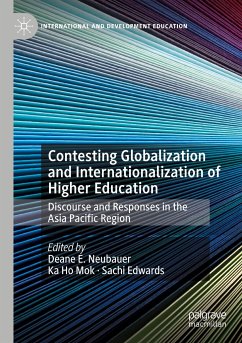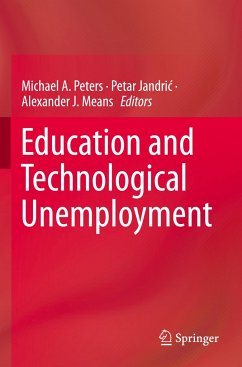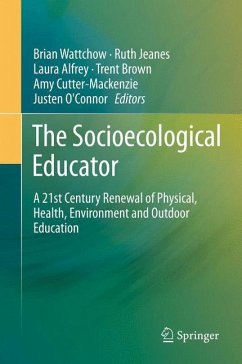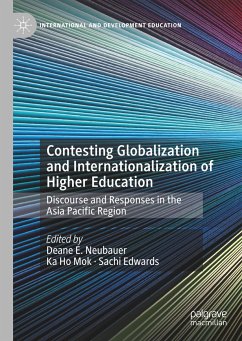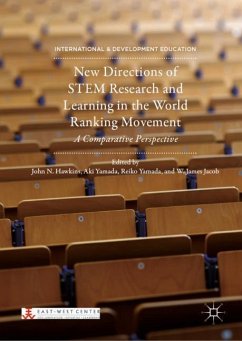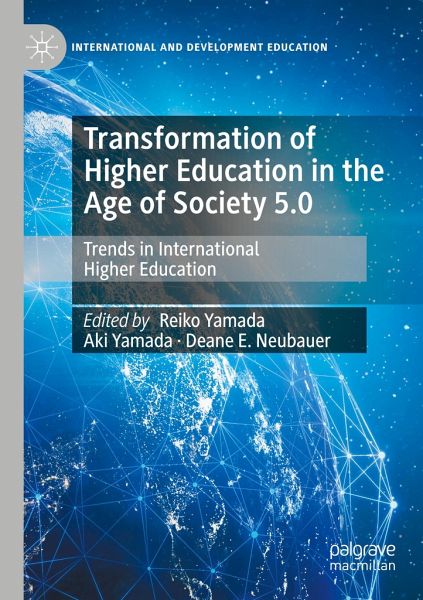
Transformation of Higher Education in the Age of Society 5.0
Trends in International Higher Education
Herausgegeben: Yamada, Reiko; Yamada, Aki; Neubauer, Deane E.
Versandkostenfrei!
Versandfertig in 6-10 Tagen
113,99 €
inkl. MwSt.

PAYBACK Punkte
57 °P sammeln!
This book examines several emerging trends in higher education, including artificial intelligence and the impact the COVID-19 pandemic has had on higher education transformation over the past couple of years. All higher education leaders and policy makers are dealing with the aftermath and continuing battle they face regarding higher education within the context of COVID-19. AI and the 4IR are also areas that impact every aspect of higher education, especially as disciplines are forced to provide credentials and relevance aligned to the workforce and economic needs. The chapters provide region...
This book examines several emerging trends in higher education, including artificial intelligence and the impact the COVID-19 pandemic has had on higher education transformation over the past couple of years. All higher education leaders and policy makers are dealing with the aftermath and continuing battle they face regarding higher education within the context of COVID-19. AI and the 4IR are also areas that impact every aspect of higher education, especially as disciplines are forced to provide credentials and relevance aligned to the workforce and economic needs. The chapters provide regional and country case studies from within the Asia Pacific Region.





